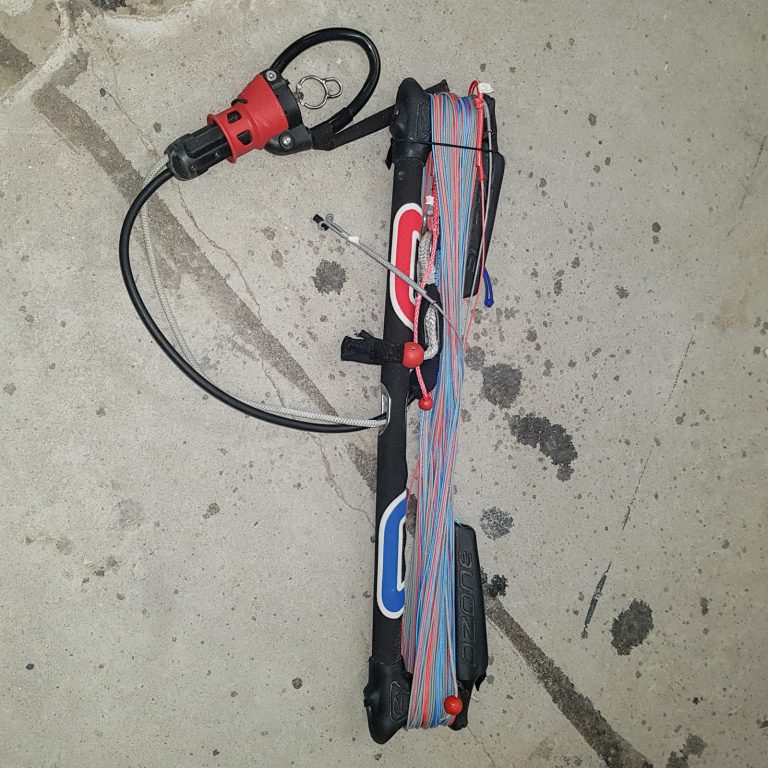
Recently, the World Food Programme (WFP) requested that the tool be modified so that it could be used for the organization's milling voucher project, which allows refugees to access local services to mill the sorghum they receive as part of their monthly food rations. If a card is determined to be invalid, its owner has the opportunity to argue his or her case at a desk set up to arbitrate disputes within the distribution center. The technology also quickly generates valuable data on how many people are receiving the rations, their age, gender and other biometrics.
#Speed contact bar registration#
By being able to see the registration information and photographs of all of the family members listed on the card, staff can ensure than the rations only go to their rightful recipients, making it much more difficult for the cards to be used by individuals who are not registered with UNHCR.


The technology also reduces the risk of fraud. At the Yida settlement in northern South Sudan, which is home to more than 70,000 refugees, the bar code tool has allowed UNHCR to cut the time it takes to complete the distribution from 10 days to four. Previously, staff had to refer to a printed list of all families living in the camp, a lengthy process and one which inevitably led to mistakes. A new toll has cut the time it takes to complete the process from 10 days to four. ©UNHCR/S.Cansizogluĭuring the distribution process, family members present their ration cards to staff who then scan it and retrieve photographs and registration information on all of the individuals associated with the card. UNHCR staff at the Yida camp in South Sudan work on the monthly distribution of food rations for refugees. YIDA, South Sudan July 21 (UNHCR) – Bar code technology more commonly seen in supermarkets is enabling the UN refugee agency to greatly improve the speed at which monthly rations of food and relief items are distributed to refugees living in camps in South Sudan.


 0 kommentar(er)
0 kommentar(er)
